“I basically take good and throw it in the garbage”: Matt Johnson on BlackBerry at Glasgow Film Festival 2023
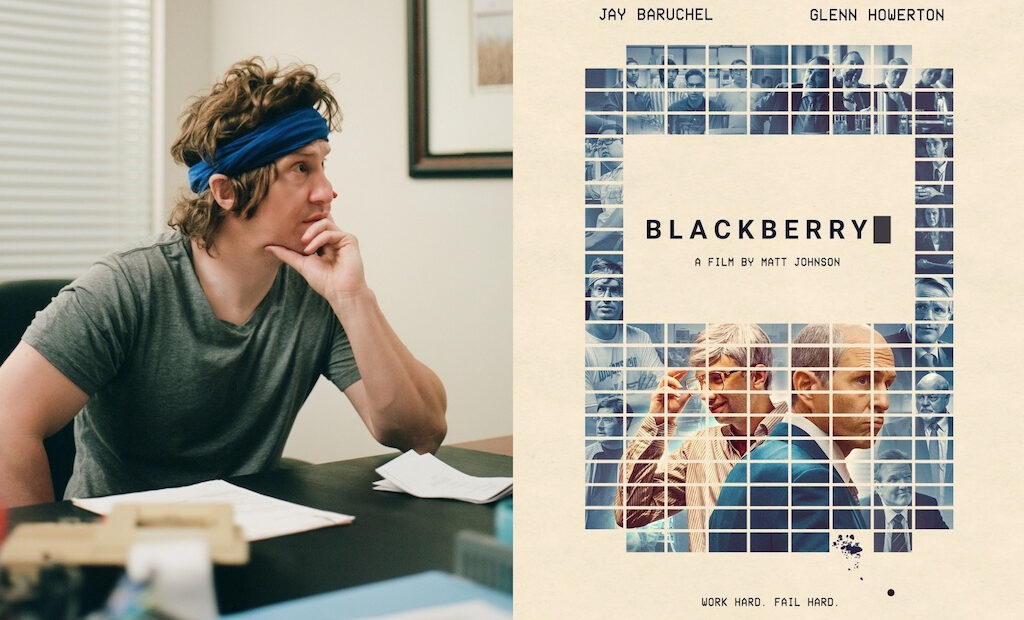
In a full-circle moment, Jay Baruchel, who once played Joey Motorola in Night at the Museum 2 (hinted as being the first man to invent the cellphone in said film) now plays Mike Lazaridis, the actual man behind the first-ever smartphone in BlackBerry. Adapted from the book Losing the Signal, the film follows the creation of the gadget by the Canada-based company Research in Motion, its initial success, and the corruption and fallouts that led to the brand’s rapid demise. Baruchel sets aside his comedic chops in favour of a more dramatic approach in this film, directed by Matthew Johnson.
Starring actors such as Glenn Howerton, Cary Elwes and SungWon Cho, BlackBerry is premiering in the UK at the Glasgow Film Festival this March. As well as directing, Johnson also plays Doug, one of the founding members of Research in Motion, and was a friend of Baruchel’s before making film. The Upcoming caught up with him to discuss possible similarities with The Social Network, a penchant for perfection in his filmmaking, and the BlackBerry’s decline after the events depicted.
Can you give us a brief introduction to the film and your character?
It’s almost exactly as it says: it’s the history of the first smartphone, the BlackBerry. In it, I play a character named Doug who is one of the founders of the company in the 90s… who is, I would say, more concerned with camaraderie and fraternity than actually building new products or changing the world through their ideas.
What drew you to the BlackBerry story in particular?
I think because I saw my own life reflected in the lives of these guys, and I thought, “This is a great way for me to tell a personal story through the lens of something that actually changed the world.”
How did you approach the research on the history of smartphones?
Most of it is from the book. We optioned the official book on BlackBerry called Losing the Signal and 90% of what’s in the film we were able to just take right from the pages of that book. The rest was talking with other people who worked there in the 90s because it was easy to get in touch with them. Canada, although geographically big, is socially quite small, and so it was easy for us to get in touch with old staff who were there at the time. We just spoke with them and they told us what it was like.
You spoke with old staff, but did you actually speak with the people in question from the film?
No – intentionally not. We didn’t speak with Mike, Doug or Jim. They sat down for interviews with the people who wrote the book but we never spoke with them. I’ve never met them before and I, in fact, know nothing about them outside of what I read in the book or in newspapers or heard about them secondhand from people who knew them.
What was it like working with Jay Baruchel, a man very popular in the comedy sphere?
It was really amazing. He was extremely vulnerable in this film, and he and I knew each other before we started making this. He lives in Toronto with his wife and is a very proud Canadian – he’s very patriotic – and so we bonded over that because I feel the same way. I was totally honoured that he was able to allow himself to be so vulnerable in this film, which is something I didn’t expect. I, like you, knew him from his comedy work and thought, “This is a great opportunity for us to do something funny.” He was the one who took it to that really powerful, dramatic space.
How did you choose the rest of the cast, in particular Jim?
I always wanted to work with Glenn Howerton. Because this movie was being shot in Canada, I didn’t think that we were going to get a chance to cast an American, but when I sent him the script, he read it and was just extremely happy about it, and he agreed right away. I just felt like there was nobody in the world better for this character than Glenn, and I think I was right. His performance is unbelievable!
That chemistry that Jay and Glenn had for Mike and Jim – was that natural or something you directed them into?
I would say that they kind of had an anti-chemistry, which worked really well. I think they had no chemistry, both by design. These characters aren’t meant to really be friends and I think that came across really, really well. They’re on a completely different page and they do not see the world the same way. In fact, they aren’t even really doing a straight-man routine, which I think is also interesting. They are just missing each other completely and that, in some ways, is the point of that relationship and the film.
How about between you and Jay – does your friendship play a role in cultivating that relationship between the two characters of Mike and Doug?
Yes, it did. In fact, it was really important that Mike and Doug be friends, kind of like how Jay and I are friends in real life. We played a lot into that. It also gave us the kind of trust that we each needed to go to some maybe more risky places with one another.
Was it weird that, as a director, you’re above Jay in a sense, and in the film, Jay as Mike, the engineer and co-CEO, is above your character?
Well, you clearly have never made a film before. I’ll tell you, the director is way below the actors when it comes to who’s in charge. I would say that it was one-to-one in terms of our relationship on-camera versus off-camera. He was definitely in charge of everything.
Speaking of being in charge, as the director and playing the role of Doug, did you give yourself a little bit more creative freedom to explore the character?
I didn’t give myself any more permission than any of the other actors had, I don’t think. I felt a lot more comfort and safety knowing that I was going to control the edit of the film. So, I could take crazy risks – I could do anything I wanted – knowing that, no matter what, I couldn’t be embarrassed because none of my bad takes could ever be used. I think it took a while for the other actors to realise that they were safe as well. Maybe just implicit in the fact that I was ultimately in control of the film, it gave me more freedom? But no, I didn’t intentionally go out of my way to let myself do things that other people couldn’t do. In some ways, it’s also the nature of the character: Doug isn’t taking things as seriously; the stakes aren’t very high for him. It let me play games that the other characters couldn’t play. Mind you, they could play games that I couldn’t play either, so we each had our own little niche.
Speaking of games and Doug, he’s got a very easygoing approach toward the other engineers. Would you say you have the same approach as him in terms of the other actors?
I would like to say yes, but I think I’m a lot more like Mike or like Jim. I think that it was very stressful making this film and there wasn’t really any time to have fun whatsoever. But I tried – specifically with the other engineers at Research in Motion – to create a feeling of freedom and relaxation, where they could kind of be themselves. But I never got to experience that freedom myself.
Watching the film, there were some similarities between the story of BlackBerry and The Social Network. Were you inspired by it at all?
I think because it’s about young people inventing something together, there was going to be a lot of cross-contamination, no matter what. But, in truth, other than a couple of lines, I’m a bit of a The Social Network hater. I shouldn’t say that. There are parts that I really love, like when Justin Timberlake says, “A million dollars isn’t cool. You know what’s cool?” and then Andrew Garfield goes, “You?”. That, I think, is really funny. I love that. But it’s a little too controlled for me. That film is very, very under control. In that sense, it’s against my taste. But yes, definitely we knew that comparisons were going to be drawn, no matter what, just because we’re sort of dealing with the exact same kind of world: young men creating something, it getting big and out of their control, and how it corrupts and changes the friendships between the main characters. That was inevitable and so we tried to honour that connection as best as we could.
There’s this line that’s really interesting: “Perfect is the enemy of good, good enough is the enemy of humanity.” Where do you fall in your approach?
I am definitely in a perfect – like I destroy good. I basically take good and throw it in the garbage when I’m making my stuff, much to the detriment of all of my relationships and even my partner’s sanity. I’m still editing the film. What you saw is going to be different from what gets released theatrically; I’m still trying to get the film right. Me and the other editors were in Berlin a few days ago at a screening with the public taking notes about what we wanted to change, and we’ve already made those changes. I’m notorious for trying to get things done right for the last minute, but that’s because I really am a lot like Mike, where I’m thinking like, “If we make something really great, it will make the world better.” I truly believe that. And so, why wouldn’t I give it as much as I can until they yank it away from me? Which is going to happen soon, but, until then, I’m going to keep working.
The film ends around the events of 2007, but we know there was continued success for BlackBerry up until 2011. Why did you think 2007 was a good cut-off point for the film?
Because, to me, they were running on fumes after the release of BlackBerry Storm. It was a kind of market illusion that they were still successful post-2008. In reality, it was their international sales that were keeping the company afloat, and, inside, they were completely and totally rotten. It’s why you see the stock collapse from 2011 to 2014 to basically nothing. A precipitous drop like that can only happen when the centre’s been hollowed out. To me, because we are with our guys and we’re with Mike, we know that the company is dead as soon as the BlackBerry Storm gets released. We know there’s nothing else that could possibly happen and so that’s why we chose to end the film there – because everything after that is just market speculation nonsense. The whole reason that their stock price stayed up as high as it did was because the public hadn’t realised that their company had been hollowed out and that there was nothing left.
Mae Trumata
BlackBerry does not have a UK release date yet.
Read more reviews from our Glasgow Film Festival 2023 coverage here.
For further information about the event visit the Glasgow Film Festival website here.


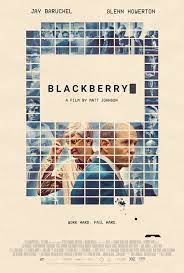
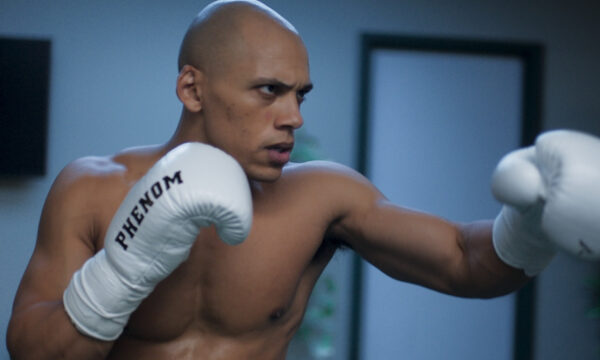
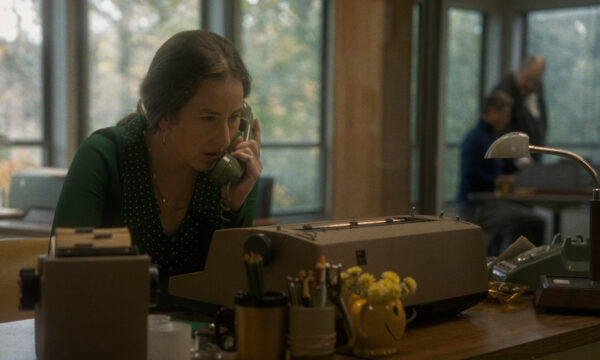
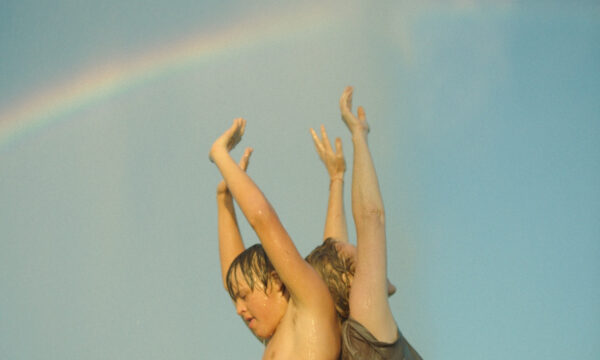
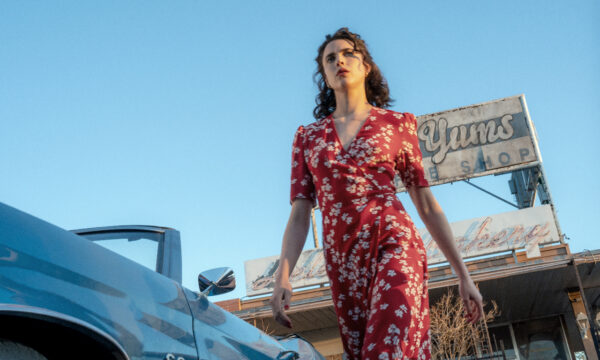
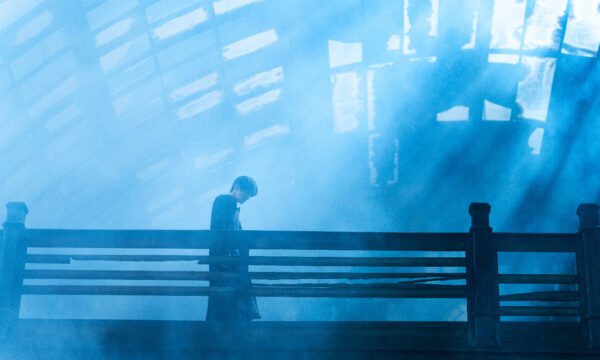
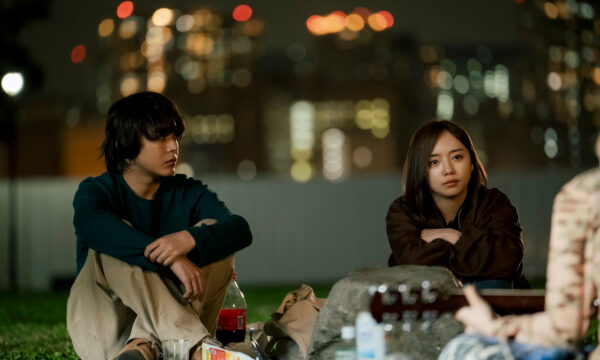
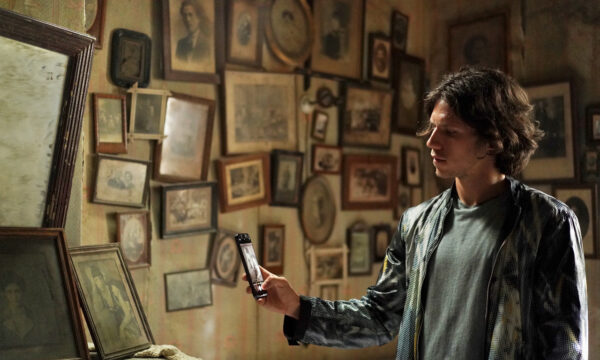
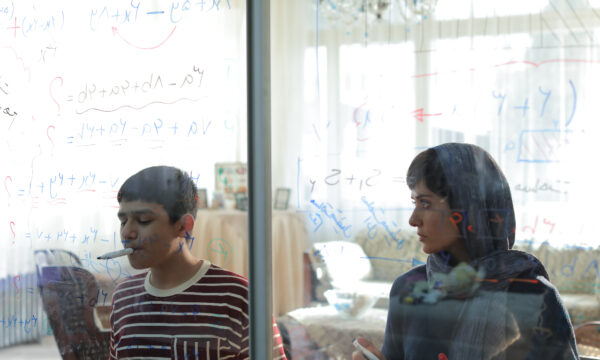
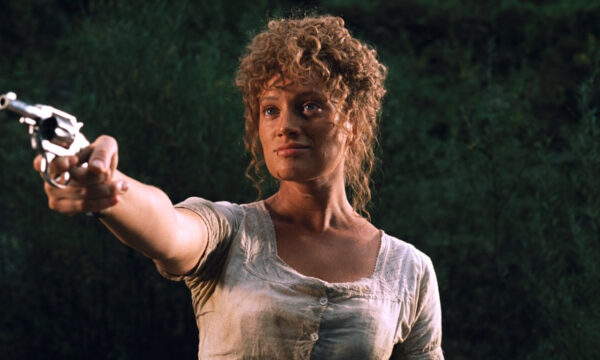
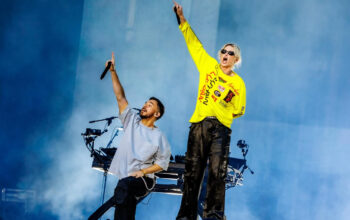

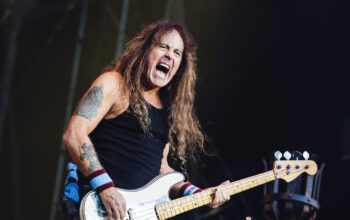
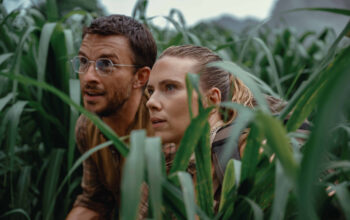




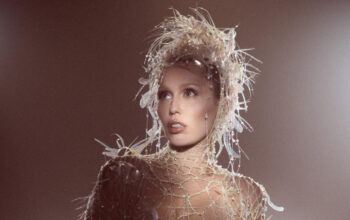
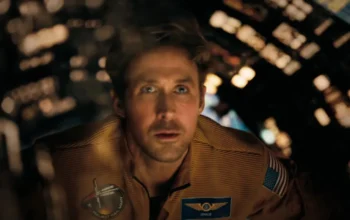





Facebook
Twitter
Instagram
YouTube
RSS